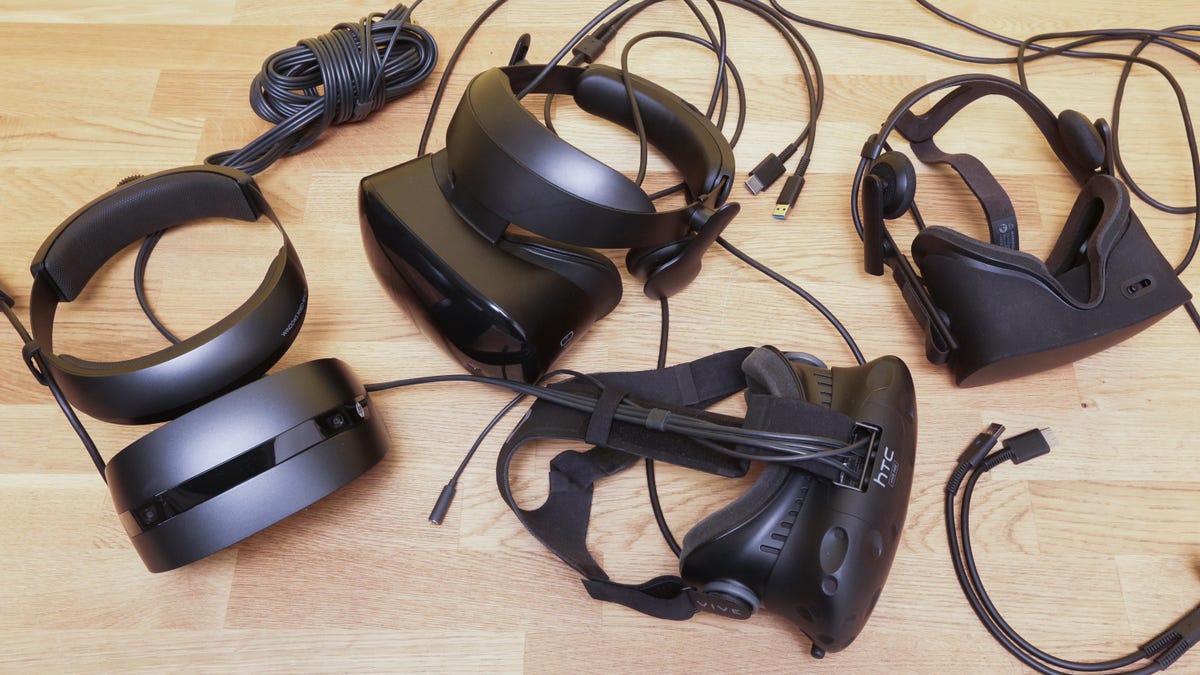Shocker! VR has a harassment problem too
Could the internet's issues with harassment spill into virtual spaces? One survey says yes.

Virtual reality users are reporting harassment in virtual spaces.
Old habits die hard.
Some of the internet's worst tendencies toward harassment are cropping up in virtual reality, according to a survey released Wednesday from research firm The Extended Mind and social VR platform Pluto VR.
The survey gathered information from more than 600 virtual reality users who dip into VR at least twice a month. The survey uncovered familiar yet troubling stats about users' experiences when interacting with others in virtual spaces.
Forty-nine percent of female respondents reported sexual harassment. Thirty-six percent of male respondents did as well.
"Anytime [you're] looking at issues around harassment, it's both surprising and not," said Pluto VR co-founder Forest Gibson.
Harassment, including sexual harassment, is a known problem online. Social media platforms like Facebook and Twitter have struggled to deal with users flinging hate and abuse at other users. In one high-profile incident in 2016, comedian Leslie Jones was essentially driven off Twitter because of harassment. The Pew Research Center estimates that 41 percent of Americans have experienced harassment online.
But virtual reality can add another layer to the experience of encountering crudeness and vitriol from strangers in the digital realm. Avatars can get in each other's spaces. Proximity becomes another potential way to make someone feel uncomfortable.
"If you're having a video call with someone and they lean into their camera, that's not something that's violating your personal bubble," Gibson said. In VR, it's a different story. "Your brain sees that something is too close to you."
As an example, one respondent said he or she had "crouched down to look at a texture ... and immediately experienced another avatar 'thrusting' in my face."
Other accounts included everything from lewd and sexual gestures to sexually explicit messages to other avatars grabbing, slapping and groping them.
Sexual harassment isn't the only issue. Seventeen percent of females surveyed and 28 percent of males reported homophobic or racist comments.
What's more, not everyone agrees these types of experiences constitute harassment.
One respondent commented, "[If you] believe that other players need to respect your 'personal boundaries' you should not participate in online gaming."
Gibson said it's important to start researching behavior in virtual spaces now.
"We have enough understanding of the online world to know that it's not just this magical other place that has no impact on reality," he said.
Virtual reality 101: CNET tells you everything you need to know about VR.
iHate: CNET looks at how intolerance is taking over the internet.

